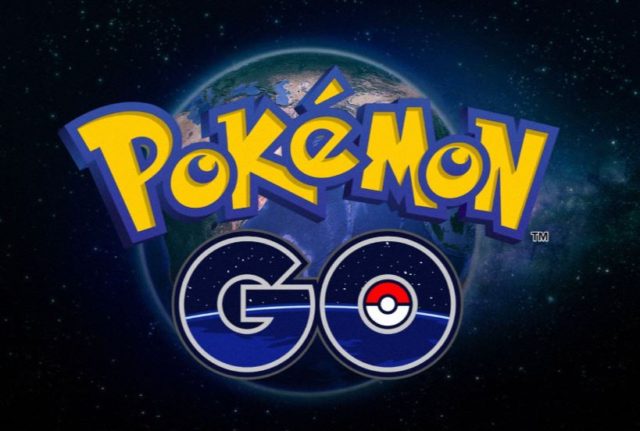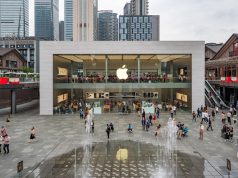It’s official, Pokémon Go is this summer’s viral sensation. Despite not being release in Canada and many parts of the world, the new augmented reality smart phone game has captivated people from nearly all across the globe. Millennials and children are now seen walking through the streets with determination to catch-em-all. Consequently, it’s also created a whole new market for Nintendo to tap into.
Since the game’s release, Nintendo has been seizing headlines as their shares increased 25%, valuing the company at $12 billion more than it was a week ago. Before Pokémon Go, however, Nintendo was barely making gains in the smartphone market with Miitomo, a strange social media app that didn’t quite catch on.
The origins of Nintendo’s success, however, lie in Niantic Inc., a California based company that produced the semi-popular mobile game Ingress in 2014. It was the first augmented reality smartphone game of its kind where players capture ‘portals’ to take control over real life geographical areas. While it caught some buzz, it wasn’t nearly as popular as Pokémon Go.
When Niantic Inc. spun out from Alphabet Inc.’s Google, it quickly teamed up with Nintendo and The Pokémon Company to co-develop Pokémon Go. It received $30 million in investments from Google, Nintendo, and The Pokémon Company, and was able to release the game on July 6, 2016 in the US, Australia, and New Zealand. Surprisingly, it skyrocketed in popularity and quickly became viral.
This is huge for Nintendo, a gaming company giant that has been waning in the shadow of PlayStation and Xbox. Not only has it generated serious attention, but recent estimates from SuperData are saying Pokémon Go has brought in $14.04 million across all mobile platforms since launch.
Because of this, we can expect more classic Nintendo titles to make their way into the smartphone market. Games like “Animal Crossing” and “Fire Emblem” will likely capitalize on people’s nostalgia and become just as popular as Pokémon Go. This could also dramatically shift Nintendo’s focus on handheld gaming devices, as current smartphone technology is more than capable of handling graphically demanding games.
The thing that has people hooked, however, isn’t the augmented reality technology behind Pokémon Go. If that was the case then Ingress would have been just as popular. Nor is it the innovative gameplay that forces users to walk around and interact with the world. People are interest in Pokémon Go mostly because of its branding. It’s the closest thing millennials have to a real-life Pokémon experience since the Pokedex.
Though, nostalgic intellectual property, as it’s been called, has been a tool used by Nintendo for quite some time. Knowing that their consumers grew up playing classic games like ‘Mario’ and ‘Zelda,’ Nintendo has often catered to their customers with fan service. They implement recurring symbols, gameplay mechanics, musical riffs and characters throughout their products to conjure old positive nostalgic memories. That’s why Pokémon Go offers the classic line up of Pokémon, excluding the myriad of newer Pokémon.
There aren’t many companies that can do what Nintendo does. Not even their competitors have the nostalgic pull that can reel in gamers from all walks of life. It will be interesting to see how Nintendo uses this asset in the smartphone market. While they won’t be generating a lot of revenue from Pokémon Go – since they didn’t develop the game – they are still getting a lot of attention from the gaming community. We can expect a push in the smartphone market and with it, an awesome return.










